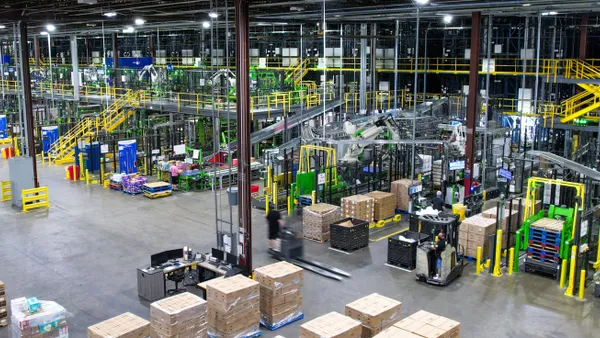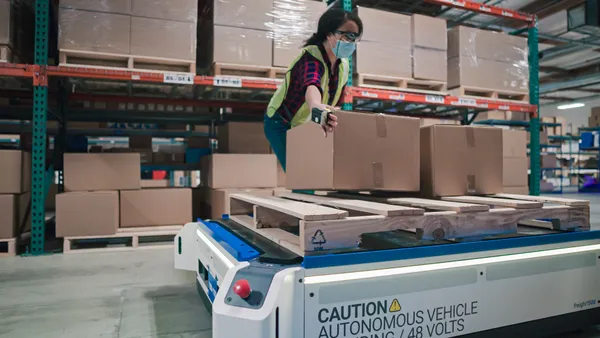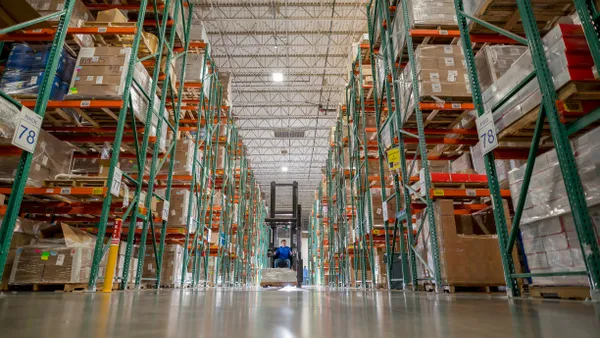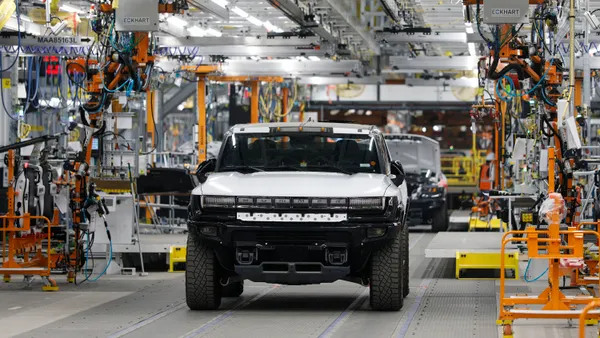Dive Brief:
- As the data revolution extends to supply chains, it is increasingly difficult for professionals to parse and analyze data points for actionable insight.
- To fix this, executives are turning to artificial intelligence and other new technologies. But according to a recent BI Intelligence report, AI in Supply Chain and Logistics, various obstacles remain to full adoption.
- A lack of skilled employees who can find the right data points for AI to analyze and the need to retrain or replace workforces are two key issues. Another is the apparent lack of clarity in new technologies' use cases, as shown below:
Dive Insight:
The 2016 data shows a common trend with new technology: new tools are often developed and hyped before use cases are clear, so it takes years for true cost-savings to reach supply chains. As we enter 2018, it is time to ask — has anything changed?
BI's latest report provides a partial answer to this question. The study takes a look specifically at how and whether businesses are applying artificial intelligence to their supply chain functions.
Thanks to the profession's focus on specific products, price points around their movement and the need for visibility, the study found that supply chains do need AI.
In fact, according to a 2017 study, 42% of 209 IT and business executives saw supply chain and operations were already driving revenue from the use of AI, falling only behind R&D and customer service functions.
Still, application of the technology is far from widespread. The profession is still in the early stages of implementation, with major players leading the charge with a few specific use cases:
- Route optimization
- Demand planning
- Asset utilization
- Risk management
- Chatbots
In addition to its focus on AI, the report also dives deep into the roles workforces and digital maturity play in implementation. It's clear challenges abound for the technology's widespread use, but executives are at least excited to try new ways to drive revenue through AI-associated innovation.














